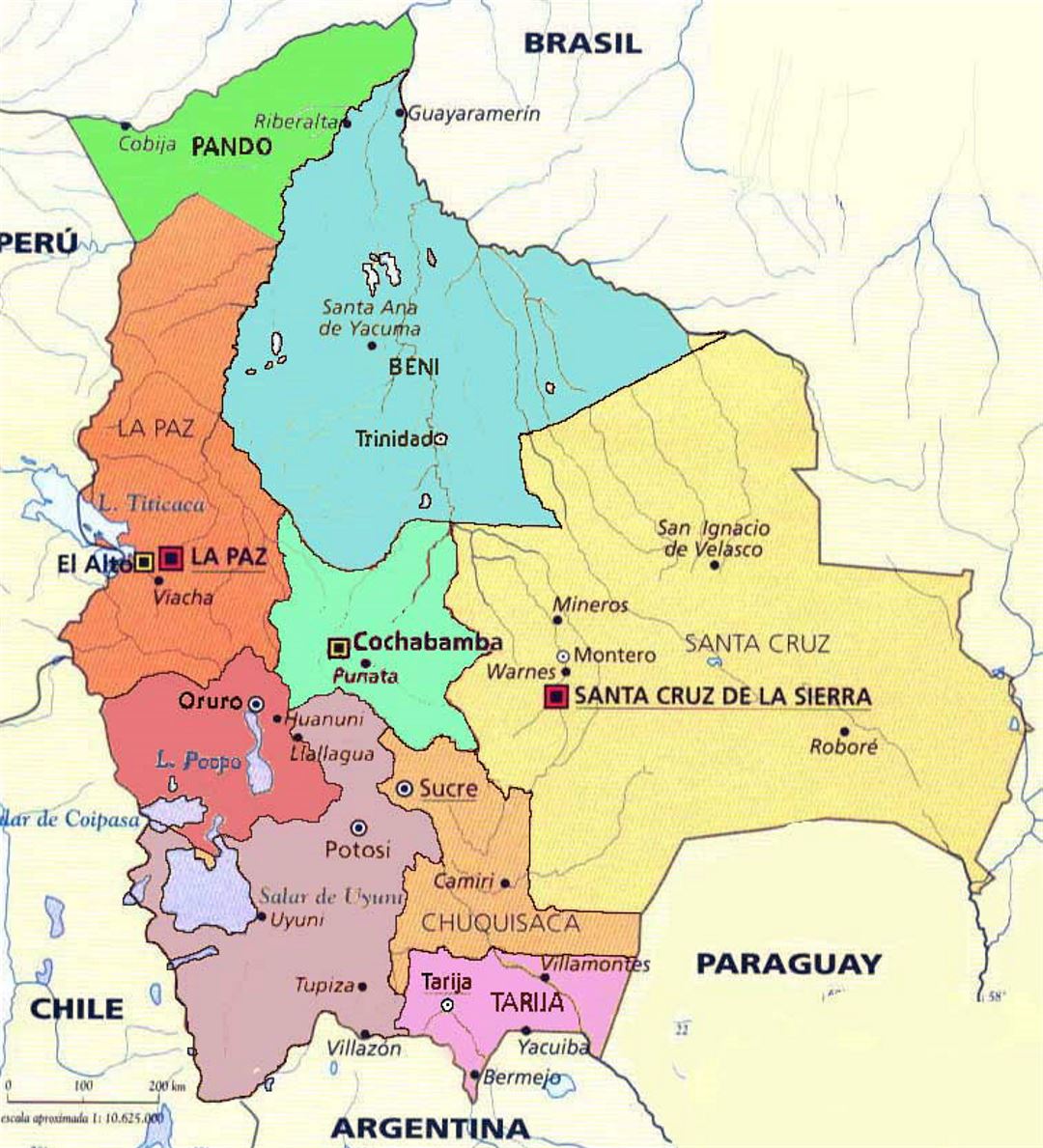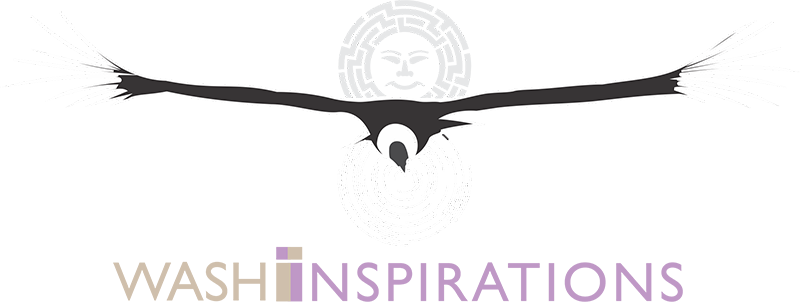Bolivia, officially the Plurinational State of Bolivia (in Quechua, Puliwya Achka Aylluska Mamallaqta; in Aymara, Wuliwya Walja Suyunakana Marka; in Guaraní, Tetã Hetãvoregua Mborívia), is a landlocked sovereign country located in the central-western region of South America, member of the Andean Community, politically constituted as a plurinational, decentralized and autonomous social State. The country is organized into nine departments, its constitutional and historic capital is Sucre, which is home to the judiciary, while its seat of government is the city of La Paz, which houses the executive, legislative and electoral bodies.
It is bordered to the north and east by Brazil, to the south by Paraguay and Argentina, and to the west by Chile and Peru. It is a landlocked state and constitutionally maintains a territorial claim to Chile for a sovereign outlet to the Pacific Ocean. Its surface area is the sixth largest in Latin America and includes different geographical areas such as the Andes Mountains, the Altiplano, the Amazon, the Moxos Plains and the Chaco, making it one of the countries with the greatest biodiversity in the world.
Pre-Hispanic civilizations such as Tiwanaku, the Las Lomas hydraulic culture, the Moxeño culture and others that survive to the present day, such as the Aymaras, Urus, Chiquitanos, Guaraníes and others, developed in its territory. The Incas conquered the western part of the current Bolivian territory and called it Collasuyo. Subsequently, the Spanish Empire dominated the territory, which was called Real Audiencia de Charcas until 1825, when it became independent under the name of the Republic of Bolivar, later renamed the Republic of Bolivia. In its current political constitution, Bolivia declared itself as a plurinational country, recognizing that several nations coexist in its territory whose origins predate Spanish colonization.


